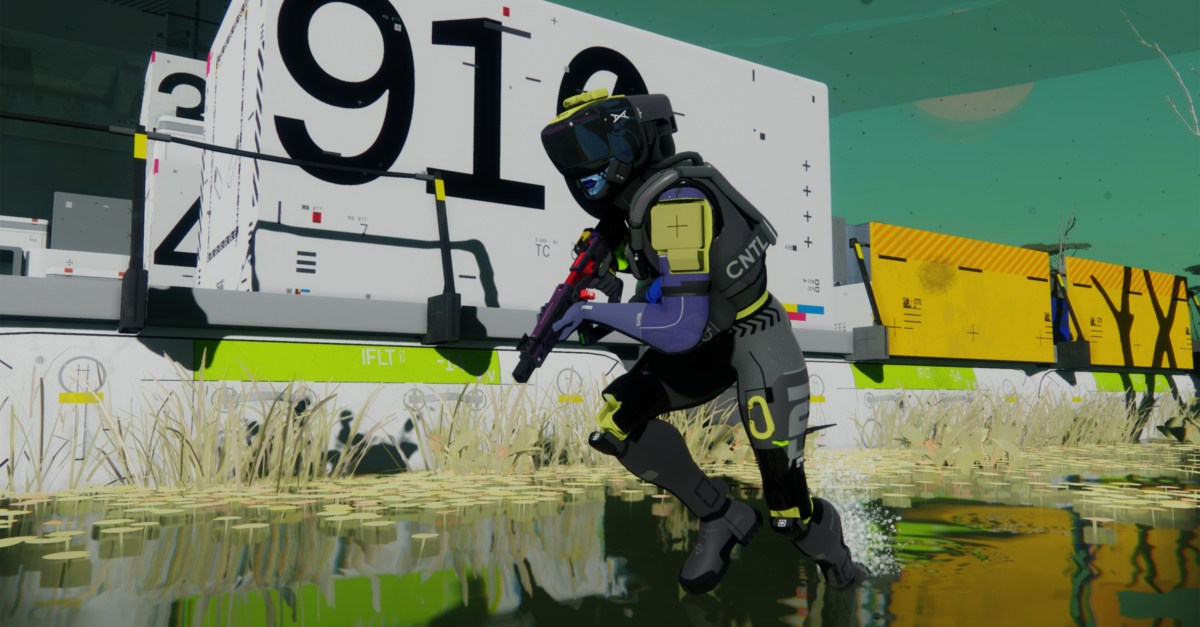Prostate cancer has a high rate of survival when detected in the early stages. If your family has a history of such cancers, or if you notice certain symptoms, go for a screening.

Prostate cancer signs in men: It is very important to report unusual signs to a doctor, as it could help catch a disease as big as cancer early on, with the initiation of timely treatment and recovery. Prostate cancer cases affect millions of people worldwide. In most cases, some signs and symptoms are ignored by patients, which can complicate the case. By the time doctors are able to diagnose the disease and begin treatment, a lot of damage has already happened to the body. It is, therefore, the need of the hour to stay alert and listen to the body, especially when it is trying to communicate about something as crucial as ‘prostate cancer’.
What Is Prostate Cancer?
Dr Prakash Sankapal, consultant – urology, Fortis Hiranandani Hospital, Vashi explains that the prostate is a male reproductive system organ, which is located below the bladder and behind the rectum. Its job is to aid in semen mobility by pushing it through the urethra and by adding fluid to it.
“When the prostate stops functioning properly, especially due to abnormal cell growth, it can lead to serious health concerns, including prostate cancer, which occurs when the cells in the prostate gland starts to grow uncontrollably, often without early symptoms. Over time, this can affect urinary function, sexual health, fertility, and even spread to other parts of the body if not detected and treated early,” Dr Sankapal warns.
Symptoms Of Prostate Cancer
According to the doctor, the most worrying feature of prostate cancer is that its symptoms are so common, they often advance ‘undetected’. Some of the most common symptoms of early-stage prostate cancer that go undetected are:
- Dull pain in the pelvic region;
- Frequent urination;
- Blood in the urine (hematuria);
- Painful ejaculation;
- Pain in the lower back, hips or upper thighs;
- Unexplained weight loss;
- Loss of appetite
The doctor states that early signs should not be missed or ignored, else it could lead to a delayed diagnosis.
“The most glaring sign is when someone experiences difficulty urinating — they get up frequently throughout the night to urinate, but the stream of urine is weak, or it hurts to urinate. The most obvious sign is passing blood in urine. If you observe any of these signs, get your prostate checked by a urologist immediately.”

Is Erectile Dysfunction A Sign Of Prostate Cancer?
According to the urologist, erectile dysfunction (ED) is a prominent symptom of prostate cancer. He explains that with age, ED becomes common — they do not always mean cancer. But, if it is seen in healthy men who are not under stress, on any medication, or have any other serious health issues, it should be taken seriously.
“Instead of taking over-the-counter medications, visit a doctor. If prostate cancer is caught early, it is easier to treat and cure. Undergo checks with your primary care physician or urologist at age 45. Men, who are at a high risk for prostate cancer owing to family history, can have these doctor visits at age 40.”
How To Detect Prostate Cancer
Prostate-specific antigen (PSA) screening test is the most common way to detect prostate cancer. The doctor explains that the PSA protein is found in the blood, in the prostate. If the PSA levels are high, it could indicate prostate cancer.
Additionally, if a close relative — like father, brother or grandfather — has been diagnosed with prostate cancer, one should undergo testing to detect the presence of genetic mutations like BRCA1 and BRCA2, which can increase the risk of prostate cancer.
Subscribe to Our Newsletter Today!















Leave a Reply